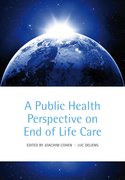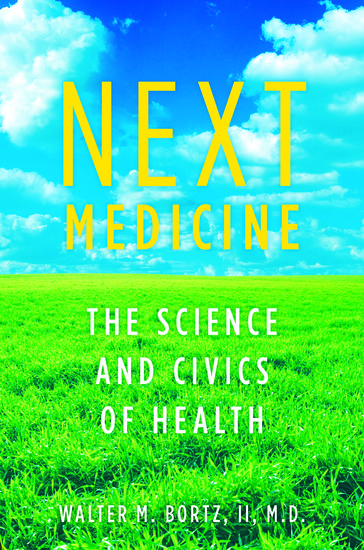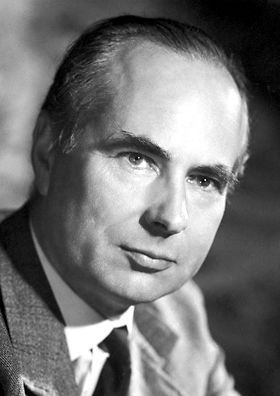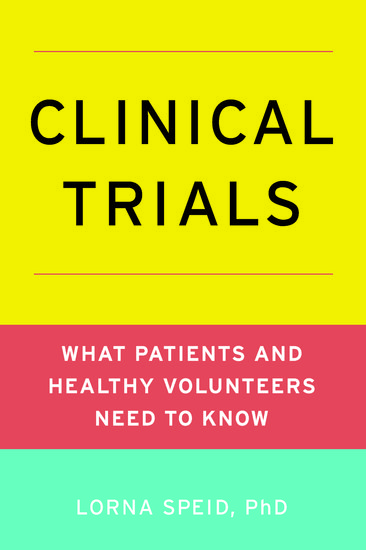Public Health, Public Hypochondria
By Catherine Belling
We used to feel reassured by the possibility that medicine might soon be able to find any disease hidden inside our bodies before it could do real harm, and remove it before we even began to feel sick. “Disease awareness” and “early detection” became public health buzzwords. We have been encouraged to get screened for diseases we probably don’t have (but just might). Some began paying for full body CT scans in the hope of catching and fixing all possible anomalies and pathologies the instant they appeared. What could possibly be wrong with such diligent vigilance?















